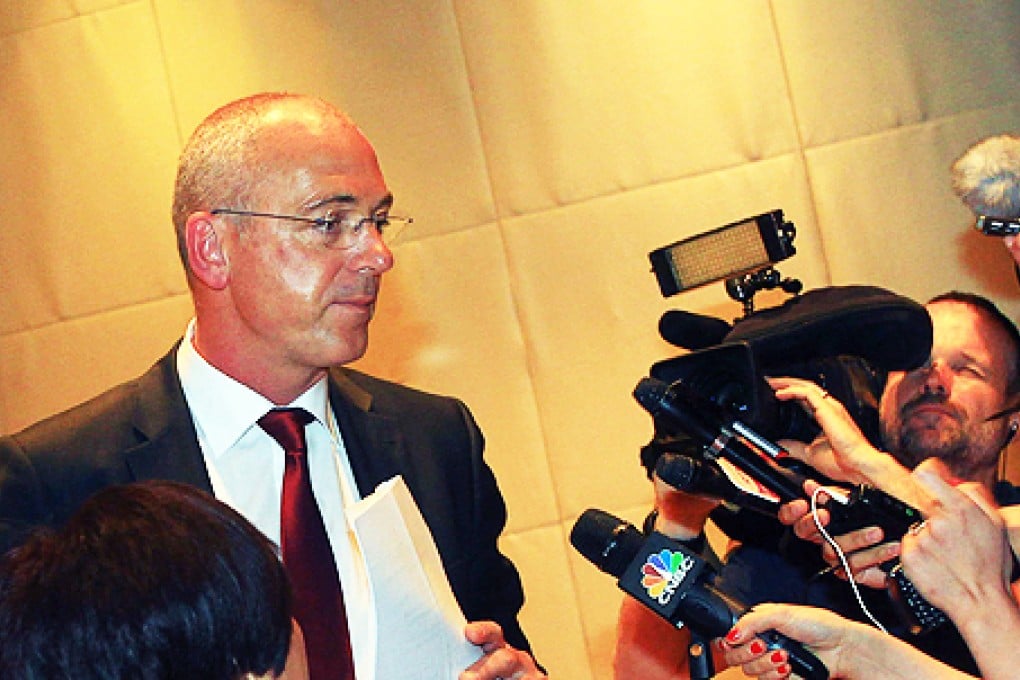Update | All tainted milk powder removed 'out of the market', says Fonterra chief
“All the stocks have been contained, everything is out of the market. It’s in warehouses and there is little or no more risk for consumers,” Fonterra chief executive Theo Spierings told reporters.

New Zealand co-operative Fonterra, the world’s biggest dairy exporter, said on Wednesday that a contamination scare in some of its exported products was caused by human error, and all tainted stocks had now been taken out of the market.
CEO Theo Spierings, seeking to reassure customers and worried parents who feed their infants with formula milk made from the company’s whey protein concentrate, said there was now little or no risk to consumers.
New Zealand, which depends on the dairy industry for a quarter of its total exports, has been gripped by worries that a raft of recalls for infant formula in China, a major market, and other countries could snowball into a slump in demand or even bans for other dairy products.
Fonterra said at the weekend it had discovered whey protein products that contained a bacteria that can cause botulism. It said previously its tests had found the contamination in a dirty pipe at one of its plants. No injuries have been reported due to the contamination.
Spierings, who rushed to China at the weekend to apologise for the scare and try to win back customer confidence, said the situation there was stable. “I said at a press conference in China that I would not leave before the situation was stable from the perspective of markets, consumers, customers and global authorities,” he told reporters at the company’s headquarters in Auckland. “We had all those discussions yesterday, and I decided late last night that the situation is stable.”
Asked if he would resign over the company’s handling of the scare, Spierings said: “It’s not up to me to answer, that’s up to the board.”